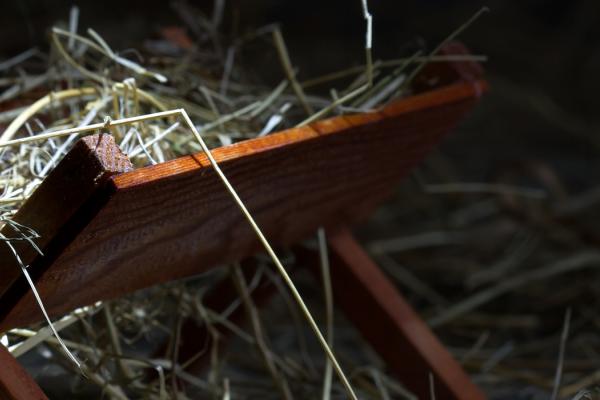Dec 20, 2016
This sight of poor refugee parents and a humbly born baby surrounded by dirty shepherds and visitors from other religions and races and cultures should jolt us. It’s meant to. The manger shows us a world far different than our own, one that we’re being summoned to create with unconditional love and inclusion.
Read the Full Article

Already a subscriber? Login
